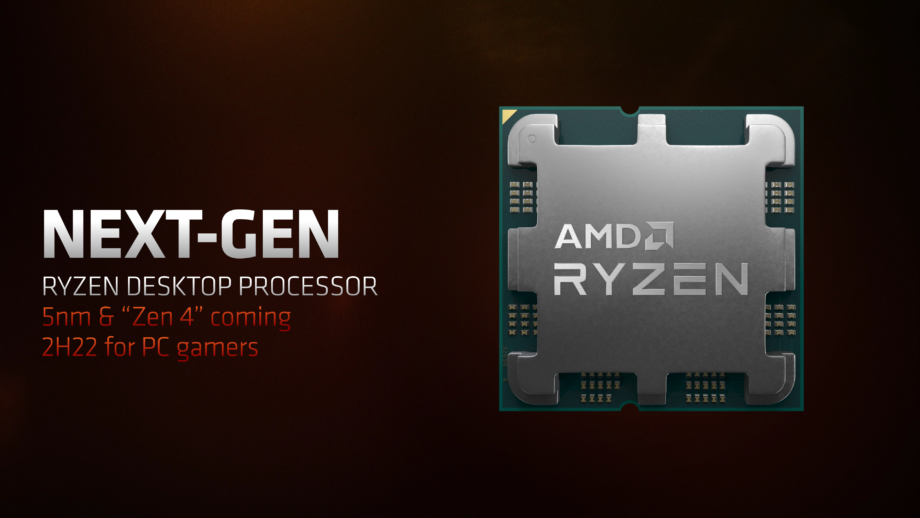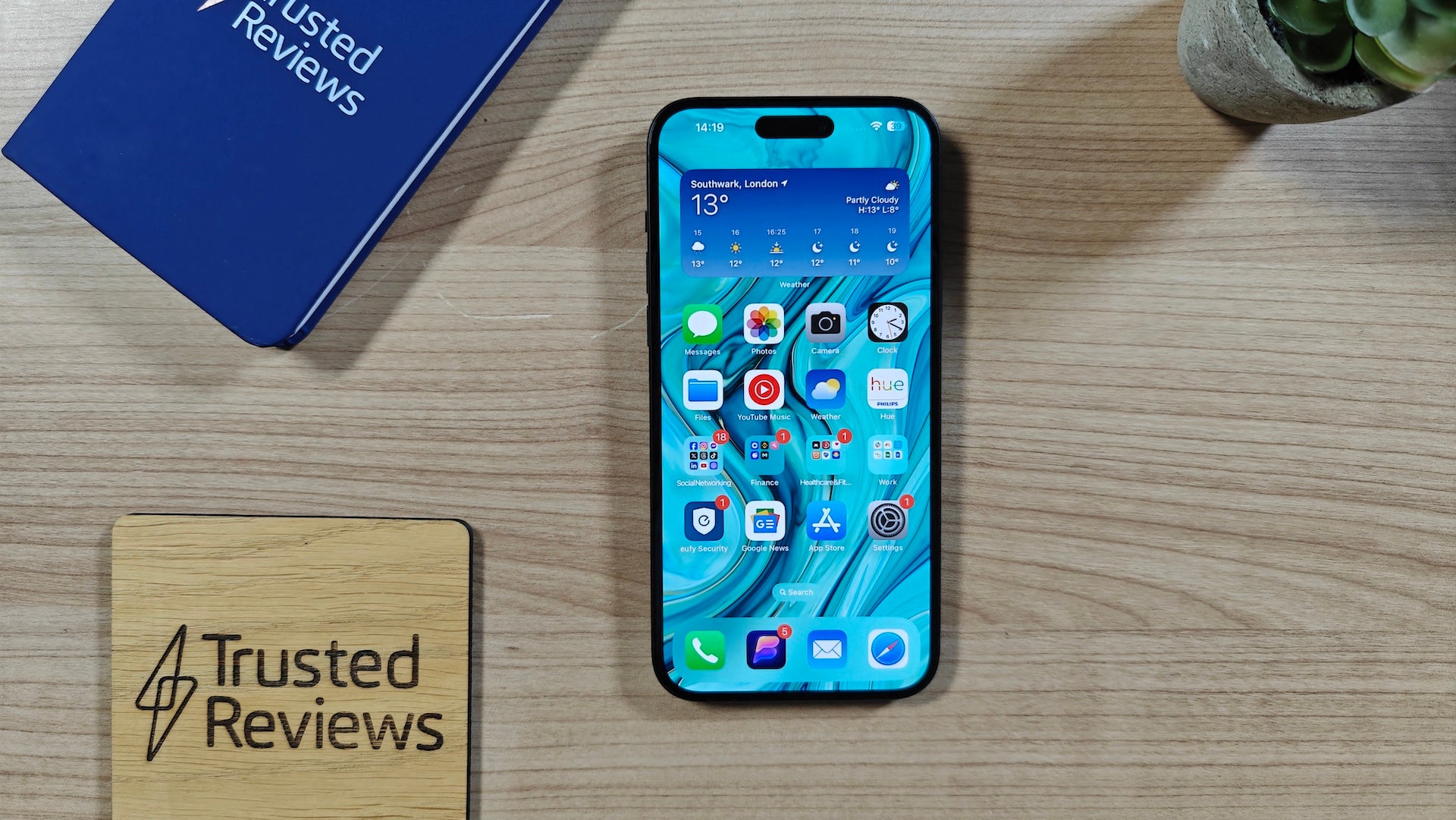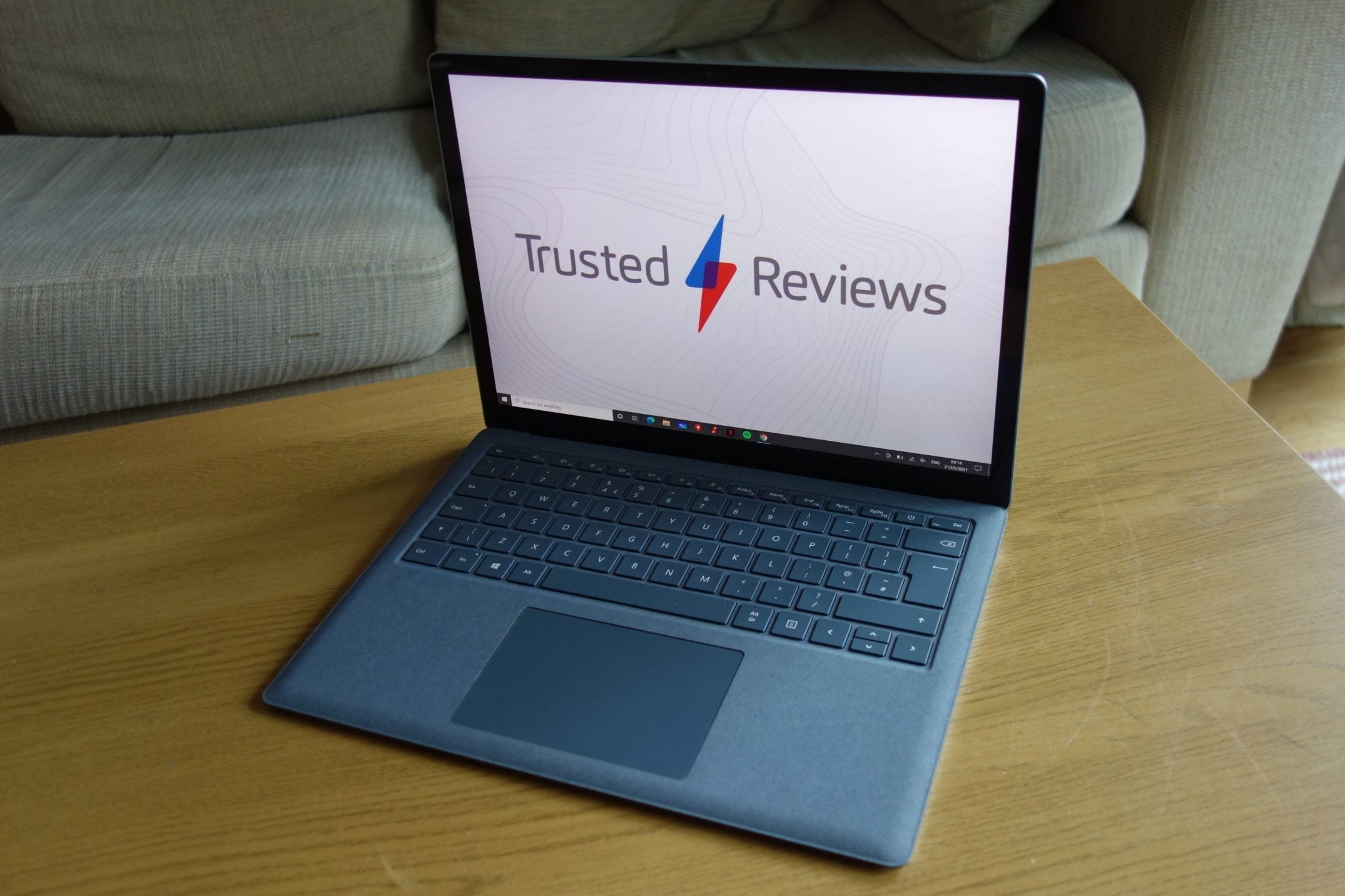AMD Ryzen 7000 Series: Release date, price and specs

The AMD Ryzen 7000 Series is the latest generation of processors from the company.
The Ryzen range is built upon the new Zen 4 architecture, which uses TSMC’s 5nm process node for a significant generational performance uplift.
The AMD Ryzen 7000 Series is currently made up of four desktop processors, including the Ryzen 5 7600X, Ryzen 7 7700X, Ryzen 9 7900X and Ryzen 9 7950X.
We’ve rounded up all the facts and key details on the AMD Ryzen 7000 series of desktop processors. Keep reading on to find out everything you need to know.
Release date
The AMD Ryzen 7000 Series of desktop processors will be available to buy from 27 September 2022.
Price
AMD has confirmed the pricing for all four Ryzen 7000 processors.
- AMD Ryzen 9 7950X – $699/£739.99/€849
- AMD Ryzen 9 7900X – $549/£579.99/€669
- AMD Ryzen 7 7700X – $399/£419.99/€489
- AMD Ryzen 5 7600X – $299/£319.99/€365
Specs
The AMD Ryzen 7000 desktop processor are based on the new 5nm Zen 4 architecture, rather than the 7nm node found on previous processors. A smaller node has allowed AMD to fit 6.57 billion transistors on the chip, which is considerably more than the 4.15 billion transistor count in the Zen 3 (the previous AMD architecture).
AMD claims that Zen 4 provides up to a 15% improvement to the single-threaded performance when compared to Zen 3. Our tests demonstrate this, while also showing a significant improvement for gaming performance.
The flagship CPU in the range (the AMD Ryzen 9 7950X) will top out at 16 cores and 32 threads, while sporting a whopping 5.7GHz max boost clock speed.
| AMD Ryzen 9 7950X | AMD Ryzen 9 7900X | AMD Ryzen 7 7700X | AMD Ryzen 5 7600X | |
| Architecture | Zen 4 | Zen 4 | Zen 4 | Zen 4 |
| Cores / Threads | 16 / 32 | 12 / 24 | 8 / 16 | 6 / 12 |
| Base clock speed | 4.5 GHZ | 4.7 GHz | 4.5 GHz | 4.7 GHz |
| Max boost clock speed | 5.7 GHz | 5.6 GHz | 5.4 GHz | 5.3 GHz |
| TDP | 170W | 170W | 105W | 105W |
This is the highest frequency speed we have seen from an AMD processor (not including overclocks). However, it’s not quite fast enough to leapfrog Intel, with the upcoming Raptor Lake processors tipped to see a max frequency speed of 6GHz.
The new AMD processors support DDR5 RAM and PCle 5.0, ensuring that AMD’s chips will be support cutting-edge components for the foreseeable future, while remaining competitive with Intel. There will not be backwards compatibility for DDR4, so you’ll need to upgrade your motherboard and RAM when switching to Ryzen 7000.
The new desktop processors feature integrated RDNA 2 integrated graphics. However, it’s not powerful enough to run AAA games without the aid of a discrete graphics card.
Performance
So how powerful are the new AMD Ryzen 7000 processors? While we haven’t been able to test the AMD Ryzen 9 7950X or AMD Ryzen 5 7600X chips just yet, you can check out our reviews of the AMD Ryzen 9 7900X and AMD Ryzen 5 7600X by clicking the links.
Both AMD Ryzen 7000 chips excelled at gaming, flaunting an even better performance than the Intel Core i9-12900K processor. This is undoubtedly thanks to the increased boosted frequency speeds.
However, AMD’s decision to retain the same number of cores and threads as processors from previous generations has meant that the Ryzen 5 7600X can’t offer the same level of multi-core performance as the Intel Core i5-12600K. This means it’s not a great option if you want a CPU for the likes of 4K video editing and 3D animation.
It’s a different story with the AMD Ryzen 9 7900X, which offers a fantastic multi-core performance that even outpaces the Intel Core i9-12900K. It’s a great option for heavy duty content creation, although it looks like the AMD Ryzen 9 7950X will offer an even faster performance for such workloads.
That’s everything you need to know about the AMD Ryzen 7000 processors, although you can check out our reviews if you want a deeper dive into the performance figures.








